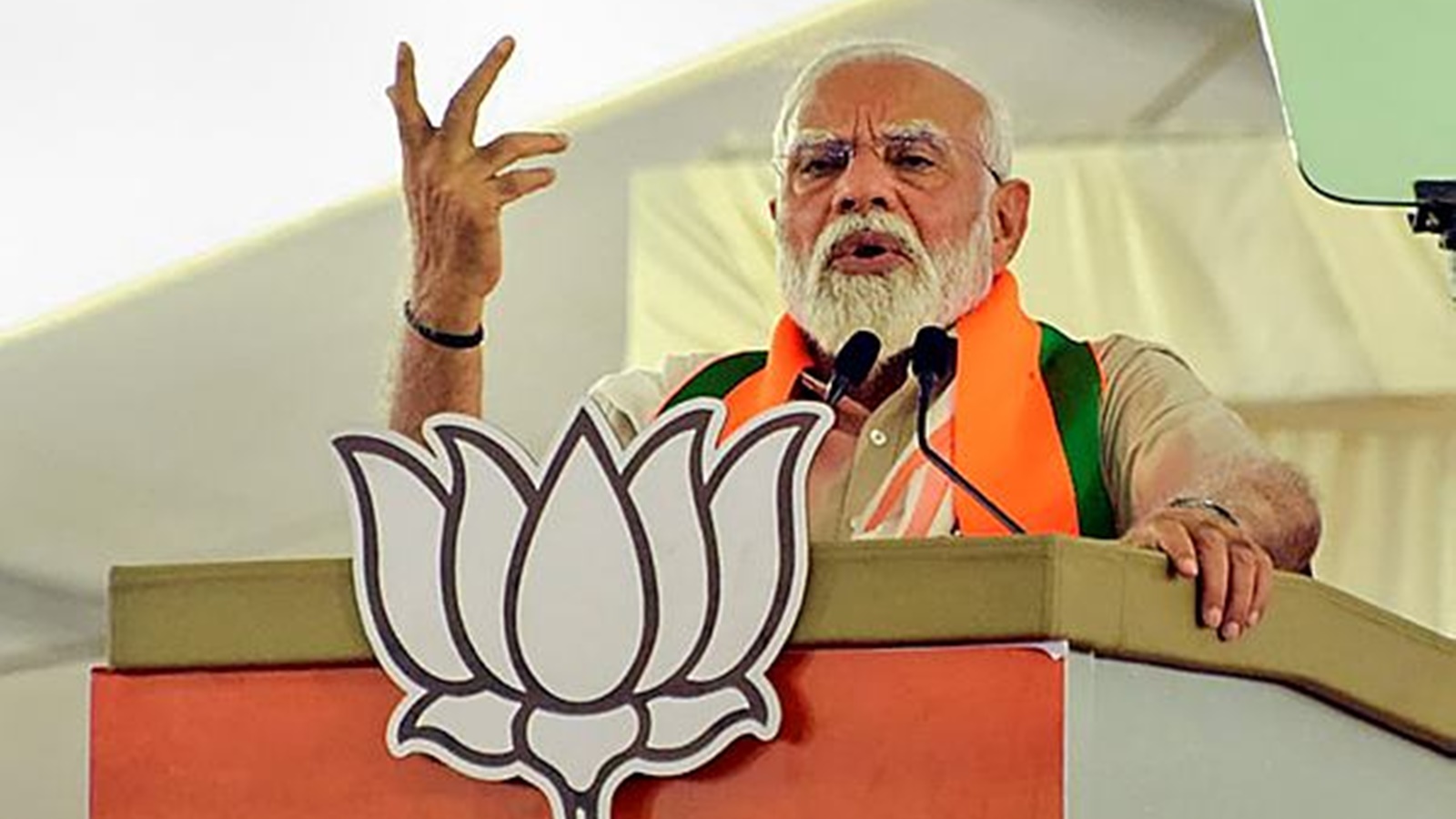Modi reignites Katchatheevu Island dispute between India and Sri Lanka
India ceded the atoll in 1974 when the Indian National Congress led by Indira Gandhi was in power. Experts believe the prime minister is using the issue to woo voters in India’s southern states ahead of national elections, set to start on 19 April.
Colombo (AsiaNews) – A small uninhabited island located between India and Sri Lanka is unexpectedly at the centre of a dispute between the two countries.
In India, Prime Minister Narendra Modi criticised the opposition Indian National Congress (INC) in a statement dated 31 March for ceding Katchatheevu Island, in the Palk Strait, to Sri Lanka, saying the party “did nothing to safeguard the state’s interests.”
The issue has gained visibility as India's elections approach. The first round of voting is set to begin on 19 April to end in June. Many analysts believe Modi is using the controversial issue to court voters in India’s southern states, particularly Tamil Nadu, which lies just north of the strait.
Reacting sharply to Modi’s comment, the INC said that the PM “is raking up an issue ahead of elections in utter desperation.”
India ceded the island in 1974 when the country was led by Prime Minister Indira Gandhi. Prime Minister Sirima Bandaranaike was her Sri Lankan counterpart.
It was an act of generosity that preceded an exchange of letters between the two South Asian neighbours regarding their maritime border.
After the outbreak of civil war in Sri Lanka in 1983, the island was the scene of fighting between ethnic Tamil Indian fishermen and the Sinhala-dominated Sri Lankan Navy. Several Indians also lost their lives in accidental crossings of the border line.
“From time immemorial, Katchatheevu periodically returns to attract attention, especially before elections in India,” said political analysts Nishantha Tennakoon and Sachini Caldera speaking to AsiaNews.
“Recently, Sri Lankan fishermen have started to fear that the government could cede the island to India. But the Katchatheevu dispute is a complex geopolitical issue and cannot be reduced to parochial anxieties.”
According to experts Sampath Mendis and Mayantha Withannage, "the Indian parliament has been debating Katchatheevu for decades, even before the delimitation of maritime borders. The issue had also been addressed by former Prime Minister Jawaharlal Nehru, who recorded his annoyance in a file on 10 May 1961.
“Later, in 1974, the Dravida Munnetra Kazhagam (DMK), Tamil Nadu's main party, publicly opposed ceding the island, but the party leader and chief minister gave his approval to the agreement between Gandhi and Bandaranaike.”
Although the Indian External Affairs Minister S. Jaishankar said that in 1974 the two countries reached an agreement and drew the maritime border between the two countries, it is clear that the ruling Bharatiya Janata Party (BJP) is against the decision taken by the INC.
Meanwhile, Sri Lankan Fisheries Minister Douglas Devananda set the stage for another debate by stating that, in exchange for ceding Katchatheevu, India secured a marine area rich in petroleum and fishing grounds.
23/02/2024 19:29
07/06/2024 19:42
11/03/2022 17:45







.png)










